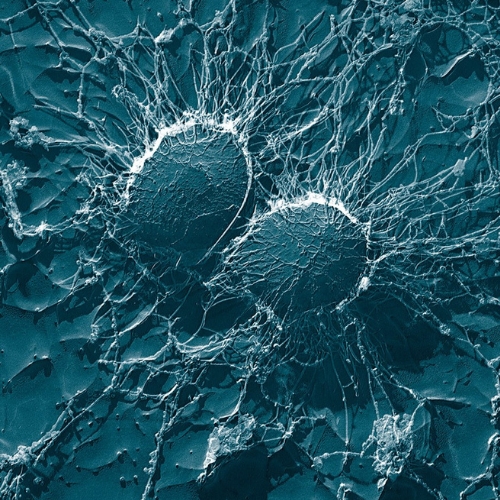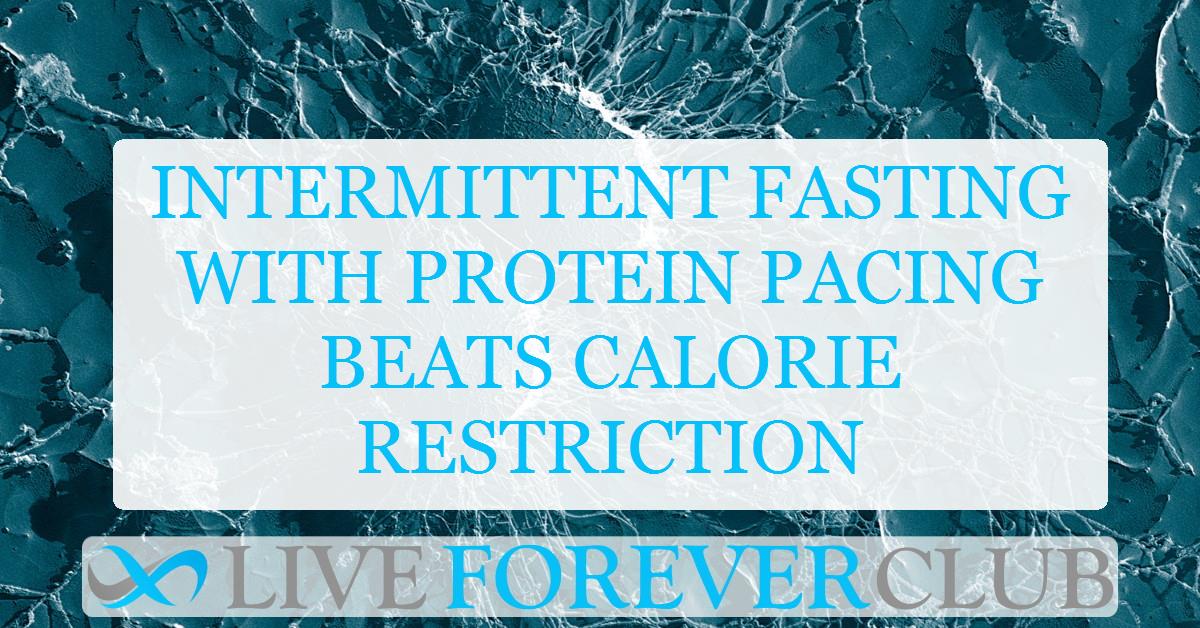The gut microbiome, a community of trillions of bacteria in our intestines, plays a crucial role in our health. It influences everything from digestion to immune function. Recent research shows that our diet can significantly impact the gut microbiome, potentially aiding in weight loss and improving overall health.
A study published in Nature Communications explored the effects of two dietary interventions: Intermittent Fasting with Protein Pacing (IF-P) and Continuous Caloric Restriction (CR). This article delves into the study's findings and their implications for weight loss and health.
Understanding the Gut Microbiome
The gut microbiome includes a wide range of microorganisms such as bacteria, viruses, fungi, and protozoa. These microorganisms perform essential functions for our bodies.
They assist in breaking down food, making it easier to absorb nutrients. They also produce vital nutrients that our bodies need to function properly. Additionally, these microorganisms help protect against harmful pathogens by maintaining a balanced gut environment.
The specific makeup of the gut microbiome can influence body weight. Certain types of bacteria are associated with obesity, while others are linked to a leaner body composition. This connection has led researchers to explore how changing the gut microbiome through dietary interventions might aid in weight loss.
By altering the types and amounts of microorganisms in the gut, it might be possible to promote a healthier weight and improve overall metabolic health.
Dietary Interventions Explored
The study evaluated two dietary methods: Intermittent Fasting with Protein Pacing (IF-P) and Continuous Caloric Restriction (CR).
Intermittent Fasting with Protein Pacing (IF-P) includes periods of fasting interspersed with regular consumption of high-protein meals spread evenly throughout the day. Continuous Caloric Restriction (CR) involves a steady decrease in the number of calories consumed each day.
The study included 41 participants who were classified as overweight or obese. These participants adhered to their assigned diets for a duration of eight weeks.
The researchers measured various outcomes, including changes in body weight, alterations in body composition, the diversity and composition of the gut microbiome, and various markers of metabolic health. These assessments allowed the researchers to determine the effects of each dietary approach on these critical health parameters.
Key Findings
The study found that both diets led to significant weight loss and improvements in body composition. However, the IF-P group experienced more substantial reductions in body weight, abdominal fat, and visceral fat compared to the CR group.
Additionally, the IF-P diet resulted in greater increases in fat-free mass percentage.
Regarding gut microbiome diversity, the IF-P diet significantly increased the abundance of beneficial bacteria such as Christensenellaceae, Rikenellaceae, and Marvinbryantia.
These bacteria are associated with favorable metabolic profiles, including improved fat oxidation and reduced inflammation. In contrast, the CR diet showed increases in metabolites linked to longevity pathways.
Impact on Gut Symptomatology
Participants following the Intermittent Fasting with Protein Pacing diet experienced notable improvements in their gastrointestinal symptoms compared to those following the Continuous Caloric Restriction diet. These improvements were likely due to the higher intake of protein and fiber in the IF-P diet.
The IF-P diet included meal replacements that were rich in fiber. These fiber-rich meal replacements provided a quick and efficient source of fiber to the gastrointestinal tract. Fiber plays a crucial role in maintaining gut health by aiding in digestion, promoting regular bowel movements, and supporting the growth of beneficial gut bacteria. The immediate availability of fiber in the IF-P diet helped to enhance these positive effects, leading to better gut health and a reduction in gastrointestinal symptoms.
In contrast, the CR diet did not emphasize increased fiber intake to the same extent. As a result, participants on the CR diet did not experience the same level of improvement in gastrointestinal symptoms. The focus on high-protein meals and fiber in the IF-P diet created a more favorable environment in the gut, leading to the observed benefits in gastrointestinal health.
Metabolic Pathways and Health Implications
The study also examined plasma metabolite changes. The IF-P diet led to increases in metabolites associated with fat oxidation, such as acetylcarnitine and malonic acid. These changes indicate enhanced mobilization and utilization of fatty acids for energy. Additionally, the IF-P diet significantly elevated cytokines like IL-4, IL-6, IL-8, and IL-13, which are linked to lipolysis, weight loss, and improved immune responses.
In contrast, the CR diet influenced pathways related to amino acid metabolism, including glycine, serine, and threonine metabolism. These pathways are crucial for maintaining metabolic health and have been associated with longevity.
Future Implications
The findings from this study highlight the potential of dietary interventions to modulate the gut microbiome and improve metabolic health. Personalized nutrition, tailored to an individual's gut microbiome composition, could become a powerful tool in managing weight and preventing metabolic diseases.
Further research with larger sample sizes and longer durations is needed to validate these results and explore the long-term effects of these dietary approaches.
The study underscores the importance of the gut microbiome in weight loss and metabolic health. The IF-P diet, in particular, shows promise in enhancing gut health, reducing body fat, and improving metabolic profiles.
These findings pave the way for personalized dietary recommendations based on gut microbiome analysis, offering a new frontier in weight management and health optimization. By understanding and harnessing the power of the gut microbiome, we can take a significant step towards healthier lives.
The research was led by Professor Paul Arciero from the University of Pittsburgh.






